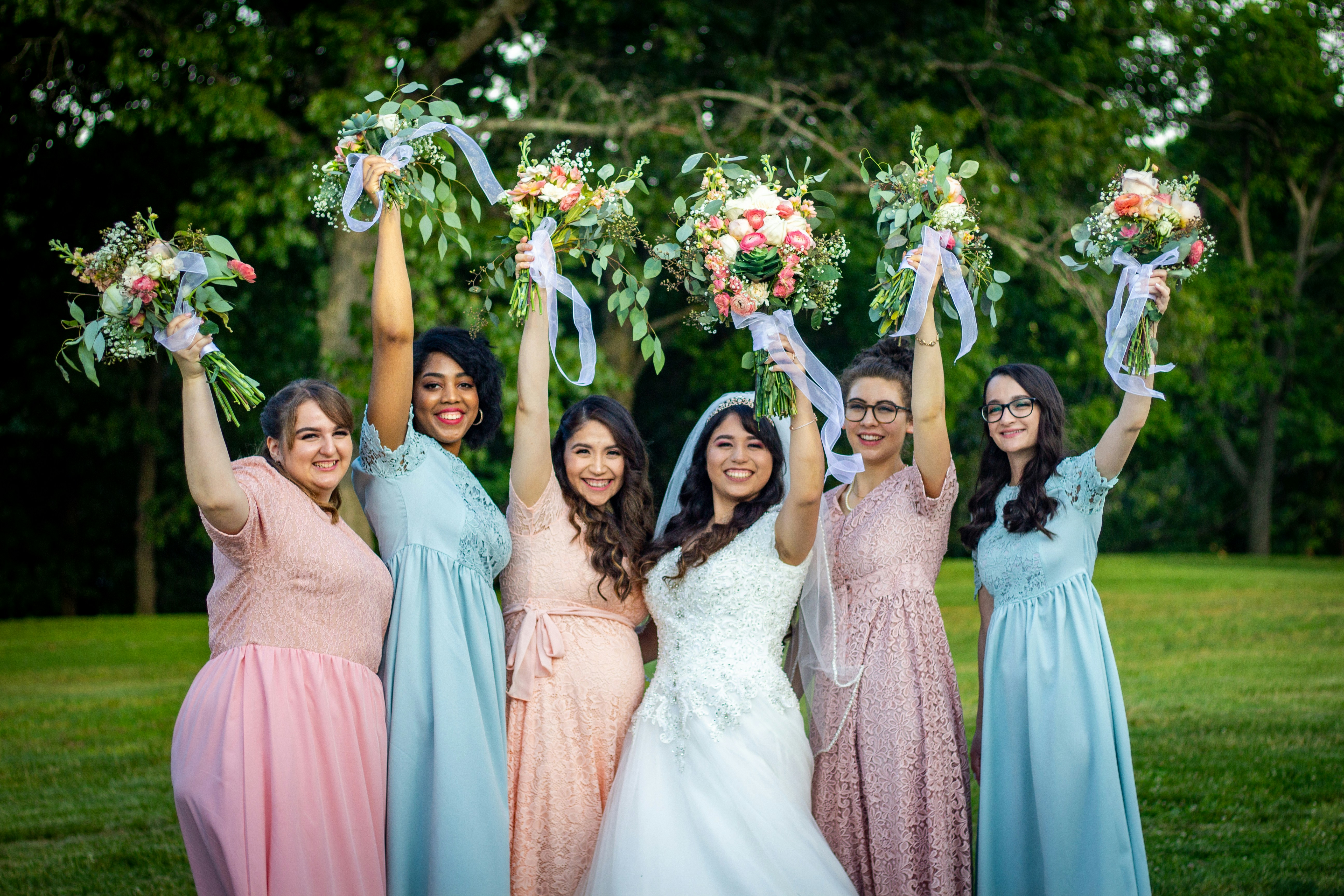What to Do If You Have Cold Feet Before the Wedding

Are you anxious about the wedding? You’re not alone. For which of the following reasons you’re not sure now — but it’s absolutely normal to feel shaky before a major life change. But even though they are universal, taking the time to own and work through them before committing yourself and lifetime after lifetime of care to your partner is essential.
To help us dig into this story line, we talked to Dr. Eliza Hartley, a licensed clinical psychologist who focuses on working with couples who are engaged or newly married. “I interpret cold feet as a big umbrella term for doubt, anxiety and uncertainty that arises as people are preparing to make this serious commitment,” she says. “Moderate fear is one thing, but when it’s towering, it’s worth paying attention.”
Here’s how to spot cold feet, why they happen, and when it’s a red flag — or just nerves.
What Are Cold Feet?
“Cold feet” describes doubt or anxiety about getting married. It can swing from a mild kind of pain to overwhelming anxiety that has someone doubting the entire notion of marrying.

Cold Feet vs. Pre-Wedding Jitters
Pre-wedding nerves are sometimes confused with the condition known as “cold feet” even though those are not the same thing. Pre-wedding jitters tend to revolve around the wedding—dancing first, the prospect of talking to everyone, changes that will occur post-nuptials. Cold feet, on the other hand, generally involve deeper concerns about the relationship or long-term commitment.
Signs of Cold Feet
Dr. Hartley says cold feet can show up in a variety of ways:
Overwhelming Doubts
You may start to wonder if your partner is really the right one, or if you are even ready for that kind of lifelong commitment. You might even want to delay or cancel the ceremony.
General Anxiety
Occasionally, anxiety over small elements of planning a wedding — say, picking a cake or planning a honeymoon — can be a sign of that something deeper. If small decisions make you cry or panic, that could be more than stress.
Behavioral Changes
If you find yourselves being irritable, having a lot of arguments, no longer interested in intimacy or even having difficulty with disturbing dreams, then these might all be indicators that something is unresolved about the relationship.
Why Cold Feet Happens
Getting married is one of the greatest life decisions, and a little bit of jitteriness is natural. “Marriage is something to be entered into with wise considerations,” says Hartley. “It’s kind of like a job interview with high stakes — if you don’t feel a slight level of anxiety, you aren’t demonstrating that you care about doing it right.
Such feelings can also be reinforced by cultural norms. “That’s a mistaken belief that you should ‘just know,’” says Hartley. “That can make people feel broken when they do have doubts, when those doubts are natural.”

How to Manage Cold Feet
Talk It Out
One of the best ways to mitigate cold feet is through open, honest discussion about it. “There’s a lot of relief sometimes when people are allowed to admit their fears,” says Hartley. Talking, whether with a partner, a therapist or a mentor, can help to reduce anxiety and build trust.
Normalize the Experience
“Pre-wedding jitters doesn’t necessarily mean there’s something wrong with you,” Hartley assures. “It’s perfectly normal part of having that kind of a huge life change. The key is to acknowledge and explore it, and to be honest with your partner.”
When Cold Feet Could Be a Red Flag
Occasionally, cold feet indicate something more serious. If efforts to discuss your fears are met with resistance or one-way shutdowns, that might be a communication problem. “If either or both of them can’t speak to or listen to concerns, perhaps that relationship is not ready for marriage,” Hartley says.
And also, if your anxiety is so debilitating that it’s getting in the way of your daily functioning — that is to say, your work, school, and simply taking care of yourself — it may be an indication that there are deeper issues going on with the relationship.
Final Thoughts
Cold feet before you get married doesn’t necessarily indicate that something is wrong. They’re generally a sign that you’re taking this commitment seriously. What actually matters is how you deal with those emotions: with honesty, communication, and introspection. Pushing through these doubts now can lay the groundwork for a more robust, healthier relationship later.


